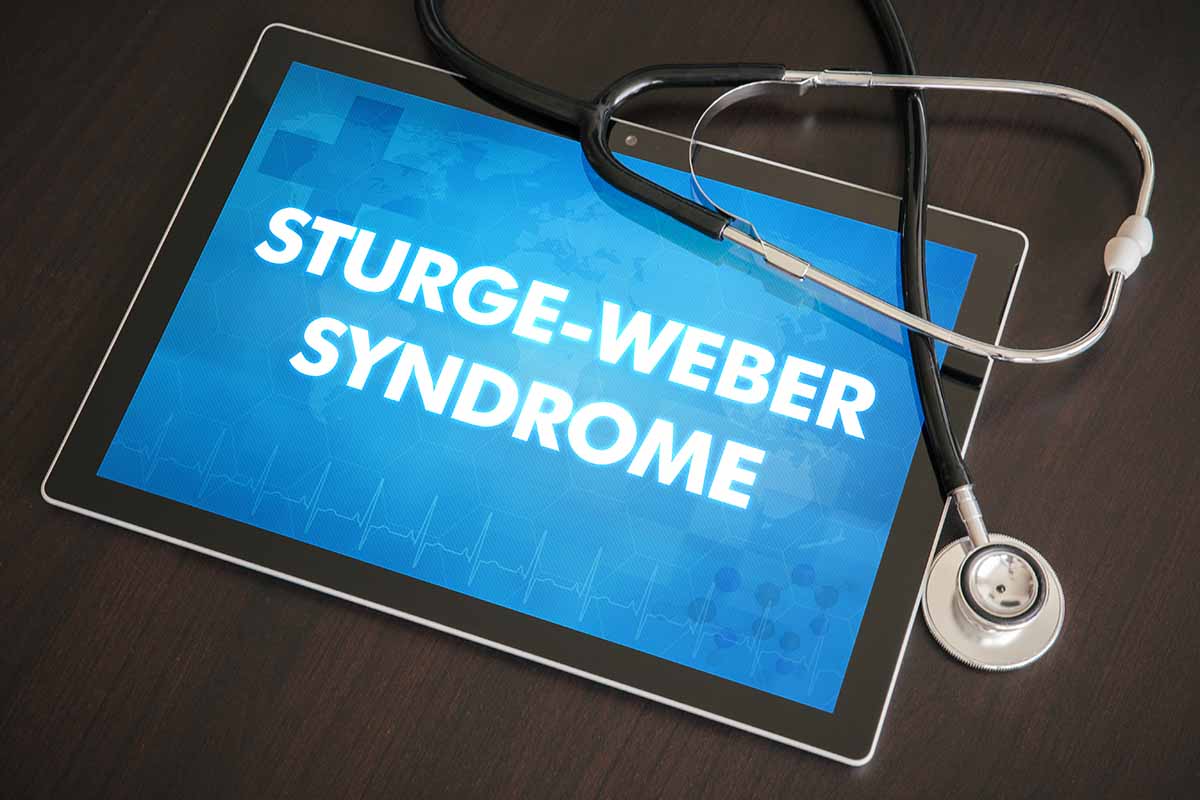
Co-Occurrence of Autistic Spectrum Disorder and Childhood-Onset Schizophrenia
Autism spectrum disorders are a group of neurodevelopmental disorders characterized by restricted and repetitive patterns of behaviors and impairment in socialization, communication skills, interests, and activities. Autism spectrum disorders are associated with many comorbidities including schizophrenia. While schizophrenia is a chronic, severe, and disabling mental disorder, both autism spectrum disorder and schizophrenia share some overlapping dimensions like deficits in early stage neurodevelopment, socialization, and theory of mind.1,2 Etiologically, multiple factors may connect schizophrenia and autism (ie, genetic, environmental, imaging, neurochemical, and inflammation).3,4
In a review by Takara and colleagues,5 lifetime prevalence of schizophrenia in subjects with autism spectrum disorders was found to be variable but below 4%. Although these disorders are quite often comorbid, clinicians fail to recognize one or the other disorder because of overlapping symptoms.5-7
Case Report
Mr A was an unemployed, 26-year-old man from a middle-class urban area of Ganganagar, Rajasthan, India, who was educated up to the third standard (equivalent of US grade 3). He was brought to the psychiatry outpatient department by his mother, who was his only caretaker. He presented with insidious-onset illness of 12 years duration with complaints of unprovoked aggressive behavior, hallucinatory behavior (talking to himself and using abusive language while alone), irrelevant talk, and disturbed sleep. His symptoms were gradually increasing in frequency and severity with significant behavioral disturbances over the last 20 days. His mother was extremely distressed and had multiple injury marks. He had no improvement in symptoms after multiple consultations with a psychiatrist and neurologists. He had prescriptions for aripiprazole 2.5 mg/day and risperidone 1.5 mg/day, but his compliance was poor due to nonresponse after 15 days. No side effects were reported with either medication.
Mr A’s psychiatric history was significant for a paternal aunt with schizophrenia. Review of his medical history showed that following a full-term birth, he was admitted to the neonatal intensive care unit for 4 days due to a delayed cry. Family members noticed that his milestones were delayed. His social interaction with other children was poor. There was significant speech delay and lack of nonverbal communication including poor eye contact. As a child, he mostly preferred same-colored clothes and played with a single type of toy car. At times, he showed impulsive and aggressive behavior.
At the age of 4 years, he was brought to a psychiatrist, who diagnosed him with autism spectrum disorder (DSM-IV-TR criteria). At the age of 6 years, he was sent to a special school, but he was later withdrawn from the school due to aggressive behavior.
During the interview, Mr A’s rapport was difficult to establish, and there was no eye contact. On subsequent interviews, he described hearing voices (second- and third-person hallucinations) for many years and had thought broadcasting and delusion of persecution. He was referred for IQ assessment and psychological evaluation, which revealed an IQ of 69 and psychosis. The patient was diagnosed with paranoid schizophrenia along with autism spectrum disorder (ICD-10 criteria). He responded well to olanzapine 20 mg/day.
Discussion
Clinically, it is often difficult to distinguish between autism spectrum disorder and early onset schizophrenia.8 Autism spectrum disorder is commonly associated with behavioral problems such as socialization difficulties and aggression toward self and others, which continue throughout the patient’s lifetime. However, these behavioral problems are further complicated by the presence of comorbid psychiatric illnesses, thus identification of these comorbidities is necessary for specific treatment to reduce impairment. Meticulous follow-up of patients with autism spectrum disorder from early childhood through adulthood is necessary, as many patients are lost to follow-up and onset of an illness with similar symptoms like schizophrenia can be missed with adverse consequences.
In the case of Mr A, there was history of birth insult, which is underestimated as a possible risk factor for autism spectrum disorder as well as schizophrenia. Also, autism spectrum disorder is associated with increased risk for development of nonaffective psychotic disorders.9This report will enhance clinicians’ understanding of comorbid autism spectrum disorders and early onset schizophrenia and highlights the importance of early diagnosis and management.
Published online: May 28, 2020.
Potential conflicts of interest: None.
Funding/support: None.
Patient consent: Both the patient and his caregiver provided informed consent to publish this case report, and ethical permission was received from the institutional review board. Information has been de-identified to protect anonymity.
REFERENCES
1.Baron-Cohen S. The autistic child’s theory of mind: a case of specific developmental delay. J Child Psychol Psychiatry. 1989;30(2):285-297. PubMed CrossRef
2.Frith CD. The Cognitive Neuropsychology of Schizophrenia. New York, NY: Psychology Press; 2015.
3.Cauda F, Costa T, Nani A, et al. Are schizophrenia, autistic, and obsessive spectrum disorders dissociable on the basis of neuroimaging morphological findings? a voxel-based meta-analysis. Autism Res. 2017;10(6):1079-1095. PubMed CrossRef
4.Fiksinski AM, Breetvelt EJ, Duijff SN, et al. Autism spectrum and psychosis risk in the 22q11.2 deletion syndrome: findings from a prospective longitudinal study. Schizophr Res. 2017;188:59-62. PubMed CrossRef
5.Takara K, Kondo T, Kuba T. How and why is autism spectrum disorder misdiagnosed in adult patients? from diagnostic problem to management for adjustment. Ment Health Fam Med. 2015;11(1):73-88.
6.Nicolson R, Rapoport JL. Childhood-onset schizophrenia: rare but worth studying. Biol Psychiatry. 1999;46(10):1418-1428. PubMed CrossRef
7.Murray RM. Neurodevelopmental schizophrenia: the rediscovery of dementia praecox. Br J Psychiatry suppl. 1994;25(25):6-12. PubMed CrossRef
8.Naito K, Matsui Y, Maeda K, et al. Evaluation of the validity of the Autism Spectrum Quotient (AQ) in differentiating high-functioning autistic spectrum disorder from schizophrenia. Kobe J Med Sci. 2010;56(3):E116-E124. PubMed
9.Selten JP, Lundberg M, Rai D, et al. Risks for nonaffective psychotic disorder and bipolar disorder in young people with autism spectrum disorder: a population-based study. JAMA Psychiatry. 2015;72(5):483-489. PubMed CrossRef
aDepartment of Psychiatry, SMS Medical College, Jaipur, Rajasthan, India
*Corresponding author: Gunjan Solanki, MD, Department of Psychiatry, SMS Medical College, Jaipur, NHMP Trainee Hostel, Psychiatric Centre, Raja Park, Jaipur, India 302004 ([email protected]).
Prim Care Companion CNS Disord 2020;22(3):19l02515
To cite: Hatila S, Solanki G. Co-occurrence of autistic spectrum disorder and childhood-onset schizophrenia. Prim Care Companion CNS Disord. 2020;22(3):19l02515.
To share: https://doi.org/10.4088/PCC.19l02515
© Copyright 2020 Physicians Postgraduate Press, Inc.
Enjoy this premium PDF as part of your membership benefits!





